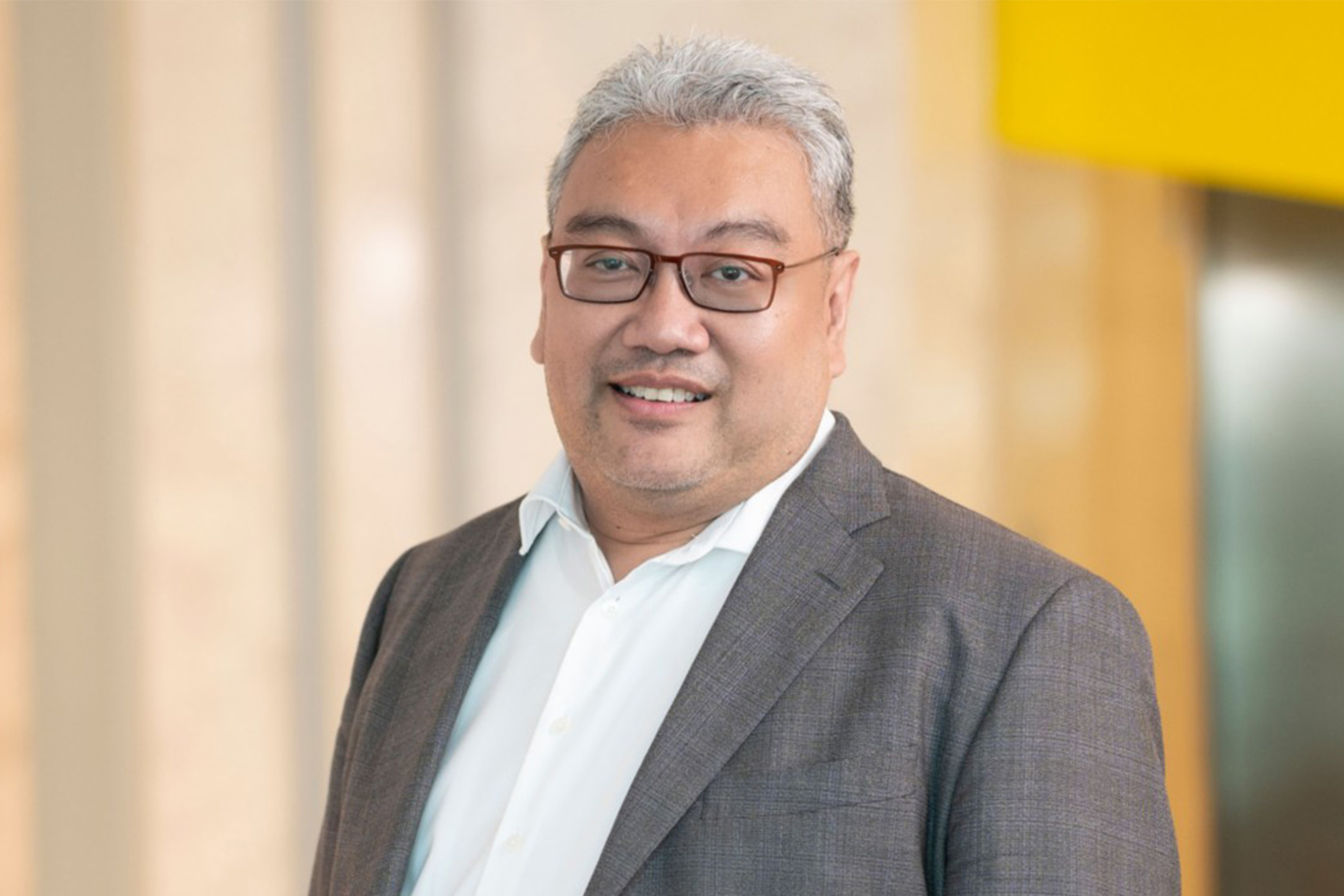EY refers to the global organization, and may refer to one or more, of the member firms of Ernst & Young Global Limited, each of which is a separate legal entity. Ernst & Young Global Limited, a UK company limited by guarantee, does not provide services to clients.
How EY can Help
-
Our family office professionals can help you evaluate best practices of leading family offices to support the family’s vision and legacy. Find out more.
Read more
Singapore is emerging as an attractive location for family offices in Asia. The nation’s robust regulatory framework, stable economy, favorable tax and regulatory conditions, talented workforce, and strategic geographical location are key draw factors. Additionally, Singapore is among the world’s least corrupt countries, and its advanced health care infrastructure and safe environment appeal to affluent families.
The growth of Singapore’s family office industry augments the city-state’s position as a leading financial center. Where wealth is brought onshore, positive spin-offs to the wider economy are bound to unravel, such as greater venture capital for local startups, more employment opportunities for residents and increased industry collaboration.
Singapore’s attractiveness has not been left to chance. The country has been actively positioning itself as a global family office hub, implementing numerous initiatives to attract family offices. For example, Singapore-based Single Family Offices (SFOs) are exempt from licensing in Singapore if they manage proprietary wealth. Other incentives include the Enhanced-Tier Fund Tax Incentive (Section 13U), the Singapore Resident Fund Scheme (Section 13O) and the Philanthropy Tax Incentive Scheme for family offices.
These efforts have gained traction. According to the Economic Development Board, the number of family offices in Singapore increased from about 400 in late 2020 to around 1,100 around the end of 2022. Yet this is a mere fraction of the estimated 20,000 family offices worldwide today.
What can Singapore do to elevate its position as a family office hub?
Reduce compliance requirements and extend tax incentive schemes
Singapore introduced Section 10L of its Income Tax Act, which pertains to the taxation of gains from the sale or disposal of foreign assets occurring on or after 1 January 2024 that are received in Singapore by businesses without adequate economic substance in Singapore. This is in line with the nation’s focus on anchoring substantive economic activities in the country.
Section 10L excludes from its application business entities that are part of certain tax incentive schemes. However, it does not explicitly exclude companies that are tax-exempt under Sections 13O and 13U of Singapore’s Income Tax Act, which are tax incentive schemes for funds managed by Singapore-based fund managers, including SFOs. The conditions for the tax incentive schemes for investment vehicles managed by SFOs have been tightened to instill economic substance. Therefore, the government can consider the automatic exclusion of investment vehicles eligible for tax incentives under Section 13O and Section 13U of the Income Tax Act from Section 10L of the act.
This will reduce the duplicative administrative and compliance burden for family offices to self-assess for Section 10L as well as comply with Sections 13O or 13U. It will also simplify regulatory considerations for families that wish to set up their family office vehicles in Singapore.
To provide a conducive operating environment for Singapore-based fund managers, including SFOs, the government may also wish to extend the tax incentive schemes for funds under Sections 13D, 13O and 13U that are due to expire on 31 December 2024 for another five years.






